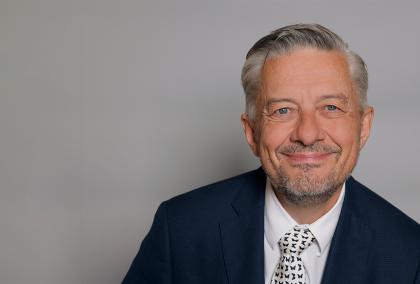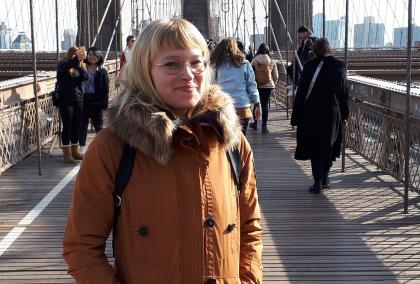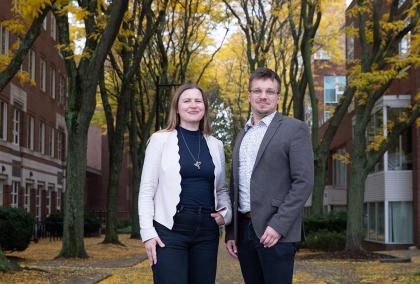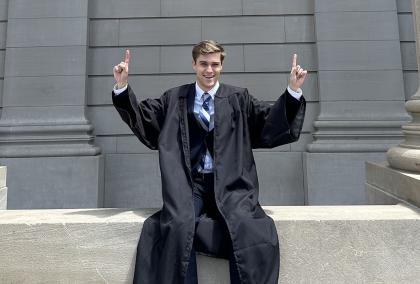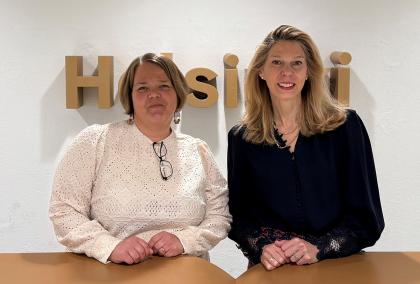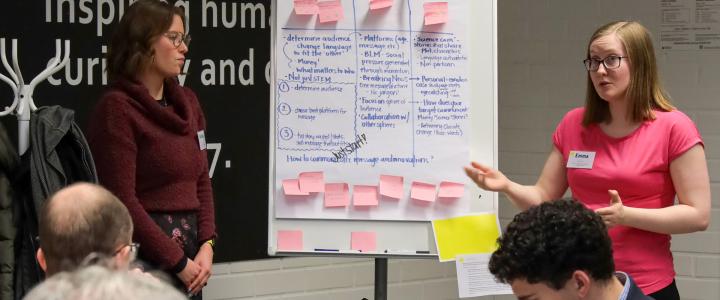

Leadership is at the core of all Fulbright Finland Foundation programs. Leadership is about the conscious choice and responsibility anyone can take to make a real difference, regardless of age, background, field, or specific grant program.
This spring, leadership was also the theme of a workshop titled “Leadership for Meaningful Change - Concrete Ways to Engage Audiences,” organized by the Foundation at Aalto University as part of the Mid-term meeting for the 2024-25 U.S. Fulbright grantees. Each spring, the Foundation brings all U.S. grantees to Helsinki and hosts a workshop or seminar focused on a strategically important theme.
The event brought together U.S. Fulbright grantees and Fulbright Finland alumni to discuss leadership and the roles and responsibilities we all have in driving meaningful change.
The workshop opened with a fireside chat with Jenni Halonen, Fulbright Finland alumna and member of Finland’s Agenda2030 Youth Group, and Jamie Hyneman, CEO of M5 Industries, co-host of the television series MythBusters, and Senior Advisor for the Foundation.
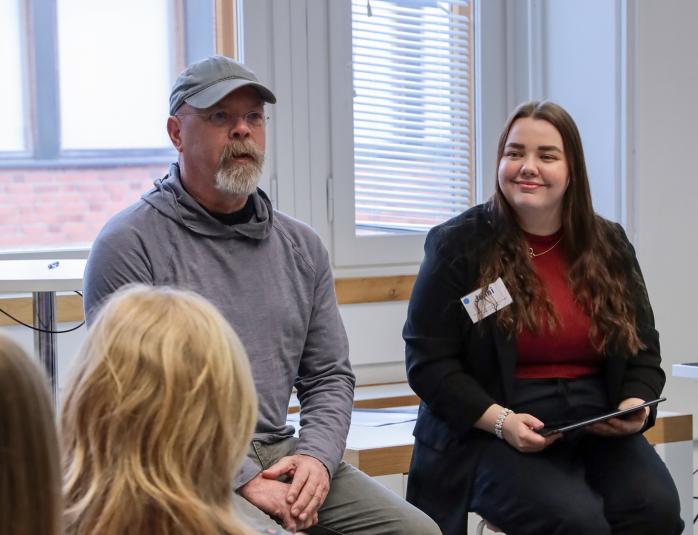
They discussed their own journeys in leadership, the most effective strategies in mobilizing young people, and how to get different actors to operate and communicate across silos. As the goal of the workshop was that all participants leave with concrete, actionable ideas, Jenni and Jamie also shared their thoughts on how to get audiences from simply understanding an issue to actively engaging and contributing to change.
In small groups, the participants co-created actionable strategies and practices to engage audiences and drive change in challenging environments. Guiding questions included: “How can educators empower students of different age groups to advocate and act for positive change?” and “How can researchers communicate their innovations to decision makers, media, and the general public?” These discussions led to the development of action plans and roadmaps for real-world impact.
The most important takeaway from the workshop? “Just get started.” Participants agreed that the critical mass for change begins to form when individuals recognize their own spheres of influence and use their unique strengths for good.
